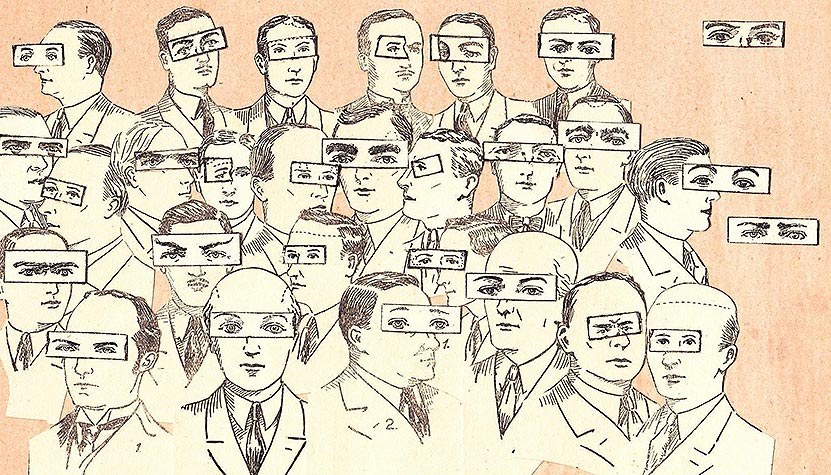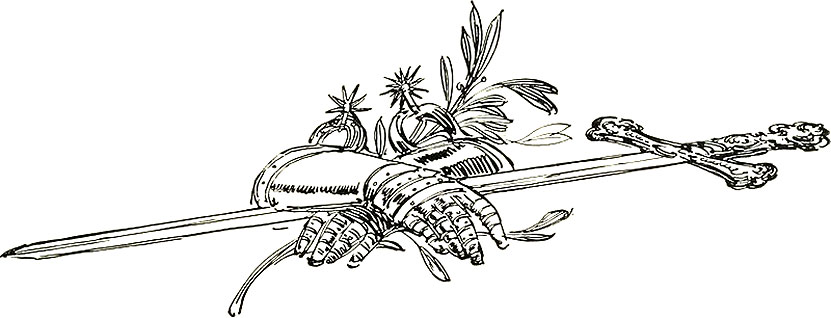Give your opinion
Plato and the art of politics

Víctor Maspons, student from 1st year of Philosophy and Law,
to propose a reflection on the political art through Gorgias, a dialogue by Plato.
Gorgias, a dialogue by Plato that is perfect to introduce us to the
Philosophy and better understand political service: pleasing the people or educating them in virtue?
To live democracy or to fall into demagogy?

Bob May, "spot the liberal", 2012
Flickr
In the Gorgias, Plato sample shows Socrates conversing with the sophist, of the same name as the dialogue, and two of his pupils: Pole and Callicles. The Gorgias is a spectacular dialogue, of great literary richness and easy to read, ideal for those who want to start reading Philosophy. In it, Socrates, Gorgias, Pole, Callicles and, briefly, Cheerephon, discuss, among other topics, the nature of rhetoric. skill which, as it is today, is essential for success in politics. And skill that Plato despised. Why did he despise it? Because he considered it a mere skill to produce pleasure and pleasure, which did not concern itself with what was just or unjust. And he saw the sophists as sycophants, not as true teachers of virtue, even if they boasted of it. For Plato, rhetoric was the shadow of politics, which, unlike politics, was an art. In the face of our current status Plato's critique remains valid and his view of politics as an art deserves fresh consideration.
First, for Plato, the object of politics is the "good of the soul" of citizens (Vallejo, 2017). Speaking about the "good of the soul", Plato refers to virtue. The politician's duty is to strive to make his citizens more virtuous. In Plato, the example of virtue was the moderate and just person, who controls his passions and keeps an inner order. In final, a politician was to conduct his speeches so that
"justice is born in the souls of their fellow citizens
and injustice disappears, in which moderation is produced
moderation and intemperance is driven away and all virtue takes root in them and vice is
and vice is driven out" (504d-e).
On the contrary, Athenian politicians were not interested in the good of their citizens, they only sought to satisfy their pleasures and thus have their support. In other words, they were populists. In the conversation between Socrates and Callicles, who believed in nothing but the right of the strongest and the satisfaction of pleasures, Socrates tells him: "you praise men who magnanimously presented the Athenians with everything they wanted, and so you say that they made Athens great, but you do not realise that, because of them, the city is swollen and poisoned". (518e). Socrates criticises leaders like Pericles, who, although they brought glory to Athens, did it great harm, because the citizens before them had been worse. They were not concerned with what was just or unjust, but with pleasing the people. In this health crisis, we have seen how leaders made decisions not based on the good of the nation, but on what the people wanted or what would make the politicians more popular. All the while knowing that those decisions could be detrimental. As in Athens, democracy has become demagogy.
For Plato, politicians should not only convince, but force their citizens to be better: "...trying to persuade the citizens and to lead them against their will to that which can make them better (...) this is the only mission statement of a good citizen."(517b-c). At first glance, this may sound like Totalitarianism. Taken to an extreme it is, but not in the right measure. It is saying something that is, in fact, self-evident: that the law is moral and coercive. In our liberal society, it is considered that the law has to be morally neutral: the state should not define anyone's morals. However, this is utopian. The law cannot be neutral, nor can it be amoral. The Penal Code is a clear example of this: "Anyone who kills another person shall be punished as a murderer with a prison sentence of ten to fifteen years" (art. 138, Penal Code). (art. 138, Penal Code). The purpose of the Penal Code is to convince us not to do certain acts, which threaten social order and justice. Even if someone does not agree with agreement, the penalty of ten to fifteen years of imprisonment can convince him.
For Plato, the only citizen who dedicated himself to the art of
of politics was Socrates, and he ended up dead precisely for that reason.
for this very reason: "what I constantly say is not to please,
but seeks the greater good and not the greater pleasure" (521d).
That said, the law must be concerned with what is just, with ius. Justice is the object of law. It must guarantee that, in the exercise of the law, everyone can be given what is their due. It should be emphasised that the law regulates the fundamental aspects to guarantee coexistence, it is not called upon to regulate everything. In this case, we would not have freedom. In this way, the politician, by means of legislation, must inculcate in his citizens basic virtues for coexistence.
Finally, there is another way in which a politician should be a teacher of virtue to his or her citizens: by example. Today, a politician's words have lost a lot of credibility, even if they continue to convince us. Just because a politician tells us that he is honest, we are not guaranteed anything; he must prove it. The leader of a nation, the public servant, must be an example of civic virtues: he must be honest, law-abiding and helpful. We do not need them to preach about justice, but to live it; not to preach about honesty, but to embody it; not to harm the nation, but to serve it. Is there anyone in politics who is truly like that?
We need politicians who care about their citizens. Politicians who, through legislation and example, transmit civic virtues to the people. For Plato, the only citizen who was dedicated to the art of politics was Socrates, who ended up dead precisely for that reason: "what I constantly say is not to please, but seeks the greater good and not the greater pleasure" (521d). Socrates sought to awaken justice and the other virtues in the hearts of his citizens. Although he died because of this, his legacy has remained to this day. Those honest people who believe they have a vocation for politics, let them not be afraid: let them take the plunge. It is only thanks to people who truly seek what is right that the situation can change and the future be more hopeful.

bibliography
Plato. Gorgias. BUY.
Vallejo, A., Vigo, A., Vigo, A., Vigo, A.. Filosofos griegos: de los sofistas a Aristóteles. BUY.






